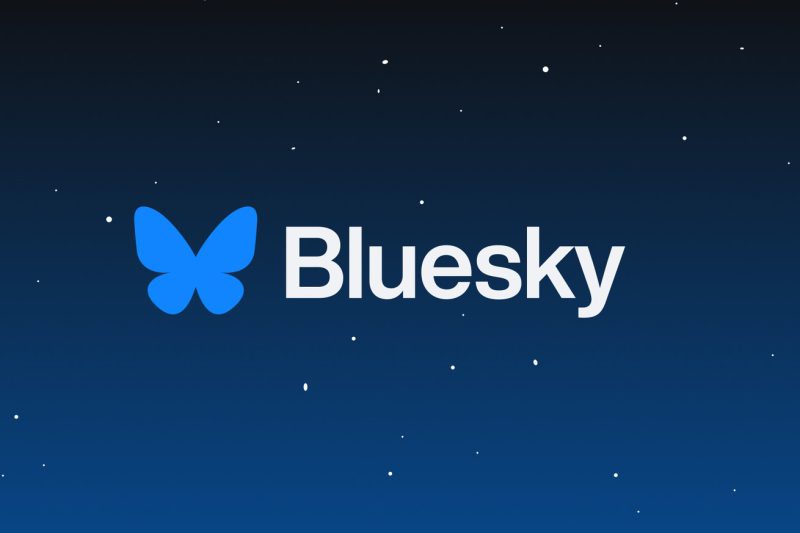Brazil’s X-Ban is Sending Lots of People to BlueSky
Many people believe that Brazil’s X-Ban policy, which restricts certain online activities, is causing a surge in people turning to alternative platforms like BlueSky to engage in free speech and expression. This shift in behavior highlights the ongoing debate between internet freedom and government control, particularly in sensitive political environments.
The X-Ban policy, initially introduced as a way to curb misinformation and hate speech on social media, requires platforms to censor content that goes against government guidelines. However, critics argue that the policy is being used to suppress dissenting voices and stifle political opposition. As a result, many individuals are seeking refuge on platforms like BlueSky, known for its commitment to upholding freedom of speech.
BlueSky’s growing popularity can be attributed to its decentralized nature, which makes it harder for authorities to monitor and regulate users’ activities. This appeals to individuals who value privacy and anonymity in expressing their views without fear of censorship. Moreover, BlueSky’s emphasis on user-controlled data and transparency further reinforces its appeal as a platform that prioritizes user rights.
The exodus of users from mainstream social media platforms to alternative ones like BlueSky raises questions about the future of online discourse and regulation. In an age where social media plays a pivotal role in shaping public opinion and political discourse, the battle between freedom of expression and government control is intensifying. The rise of platforms like BlueSky signifies a growing demand for spaces that prioritize individual freedoms and resist authoritarian oversight.
As the debate surrounding Brazil’s X-Ban policy continues to unfold, the emergence of alternative platforms like BlueSky serves as a testament to the resilience of free speech and expression in the face of government restrictions. Whether this shift will lead to a broader movement towards decentralized and user-centric platforms remains to be seen, but one thing is clear – individuals are increasingly seeking avenues where their voices can be heard free from the constraints of censorship.




























